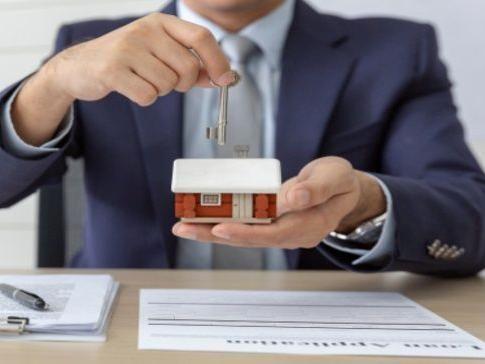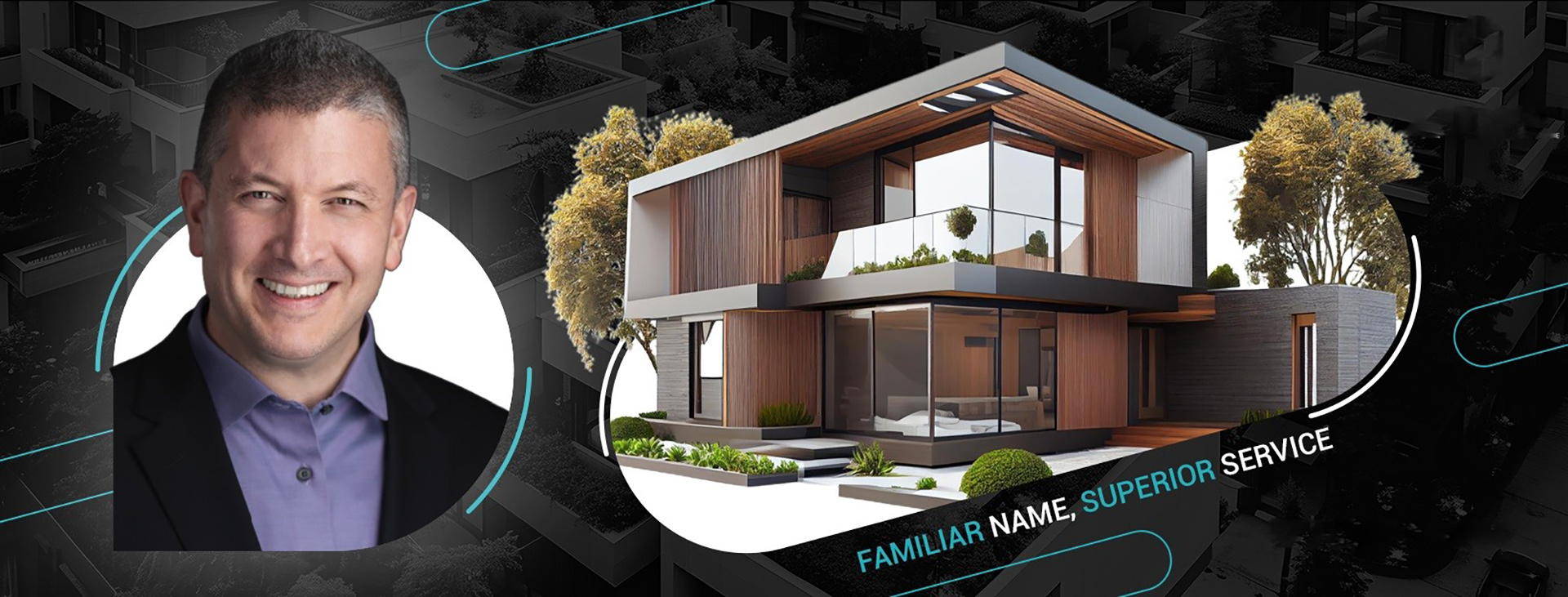Am I ready to be a homeowner? 4 questions to ask before buying a property

Whether you dream of the white picket fence stretching across a green lawn or a modern condo close to downtown, buying a property is one of the most exciting purchases you will make.
You can already picture yourself making coffee in your own kitchen every morning and laughing in the backyard with friends and family late into the night without worrying about landlords and renters. But how do you know if you’re ready to buy a house? The first question that likely comes to mind is, “Can I afford it?”
This is an important question to ask and a good starting point. But, before you can answer that question, you need to take a step back and look at homeownership and your finances as a whole.
Here are the questions to ask yourself to help you determine if you’re ready for homeownership.
1. What is my credit score?
Before getting approved for a mortgage, lenders will start by looking at your credit score. Contact your bank or order a credit check through Equifax to make sure your credit score has a clean bill of health. Many banks now provide a free service through on-line banking that allows you to check your score.
According to Equifax, credit scores ranging from:
660-724 are considered good
725 to 759 are very good
760 and above is excellent and indicates that you have shown responsible credit behaviour
If your credit score is above 660, lenders generally view you as a lower-risk borrower. If your score is below 660, you may have a harder time qualifying for better loan terms. However, by routinely paying your bills on time and carrying a low credit balance, you can quickly see that number rise.
When you know your credit score, you may be able to negotiate a better interest rate with your lender.
2. What is my budget?
Look beyond just the down payment. Mortgage lenders and mortgage brokers will look at your income before taxes, any debt you already have, and the amortization period before determining what level of mortgage you can afford.
According to the Government of Canada, your total debt load should not exceed 44% of your gross income. This includes costs such as monthly housing expenses and any other debts you may have.
Let’s say your combined monthly income is $5,000. With your mortgage, car payments and credit card debt, cellphone contracts and hydro bill, your monthly costs should be less than $2,200 per month.
Also known as the total debt service (TDS) ratio, this number includes everything from credit card balances to car loans, student loans and child or spousal support.
3. Can I pass the stress test?
Interest rates fluctuate. Before you can get approved for a mortgage, federally regulated lenders and brokers will require you to pass a stress test. This qualifying interest rate is often higher than what you will actually pay. Currently, the bank uses either 5.25% or your interest rate plus 2%, whichever is higher.
Credit unions and other non-federally-regulated lenders often require home buyers to pass this same stress test.
4. Am I ready to settle down here?
Unless you plan on renting out your new home, make sure you’re ready to put roots down in the community before buying. While you can always sell your home and move to a new city, the process could take months and, with the costs associated with buying and selling a home in Kelowna, you want to be sure you’re ready to settle down first.
You’ve passed the stress test and are ready to start your journey to finding and buying a property, what now? I can help you find a home that not only fits your financial but your lifestyle goals as well. Reach out online to learn more or give me a call at 778-215-5671.

